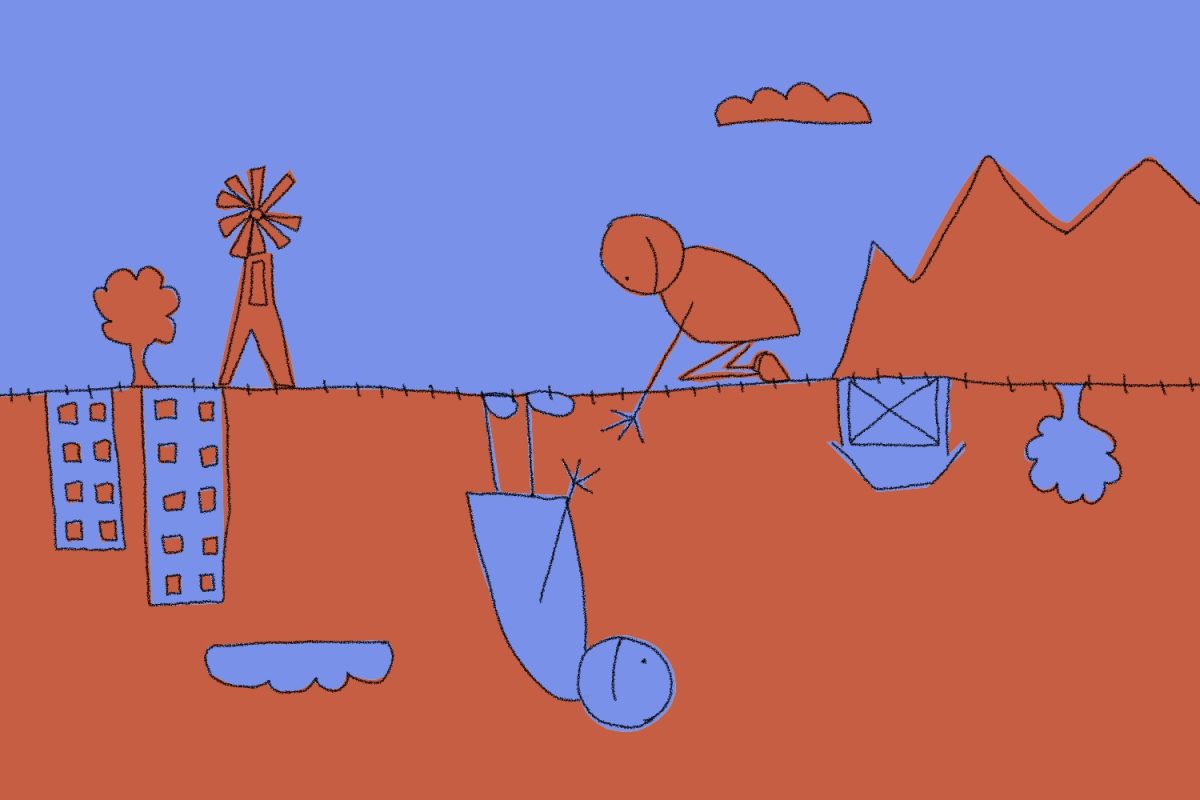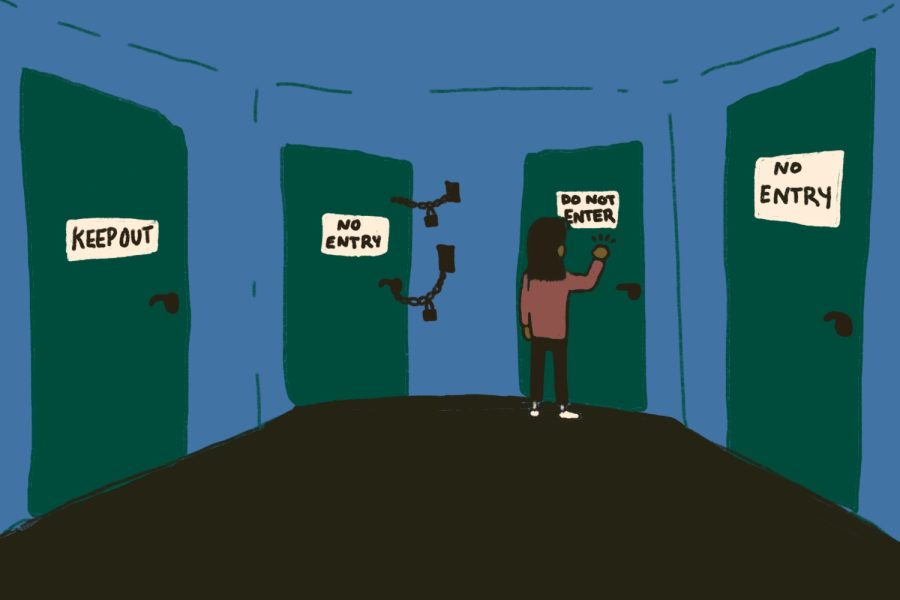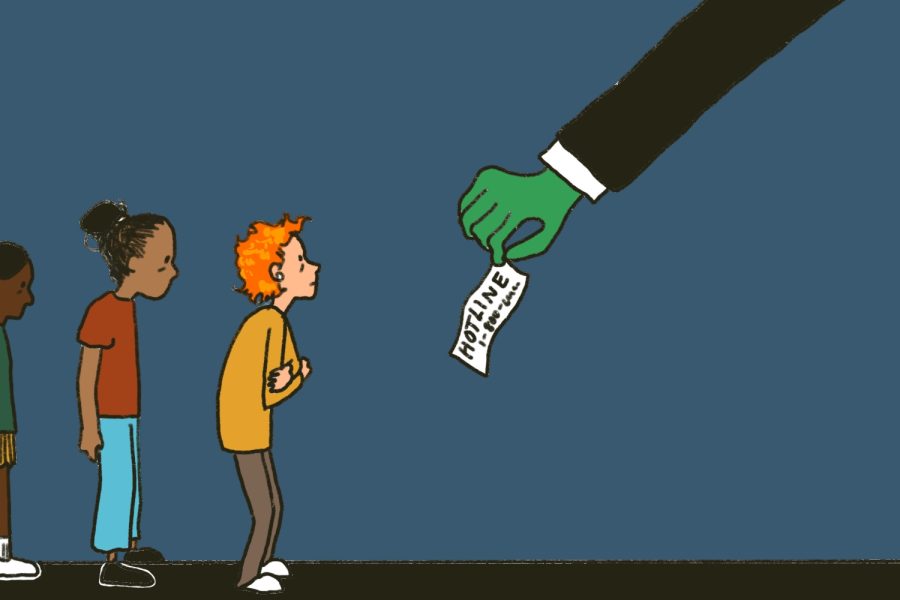Editor’s Note: This story was updated March 19 at 12:15 p.m. to correct the name of a course mentioned.
Stepping into an Uber at Burlington International Airport my first year of college, I found myself engaged in the ritual of small talk with my driver.
As the conversation meandered to the recent snowfall, they unexpectedly apologized and switched the radio station to country music, aiming to “make me feel more at home,” likely influenced by my subtle Southern accent and my habitual use of the word “y’all.”
I found the stereotype amusing and laughed it off, but it was merely a prelude to a deeper issue: the pervasive biases that Northerners often hold against Southerners.
In one of my classes my sophomore year, a discussion on climate refugees quickly became a platform for students to express concern over a potential increase in violent crime rates due to Southerners migrating north.
Such remarks not only oversimplify the complex issue of climate migration but also perpetuate unfair stereotypes about the South, all the while re-centering themselves in the narrative.
More recently, I overheard two conversations callously discussing the deaths of Texans during the 2021 winter storm.
One voice, dripping with disdain, remarked, “Of course it was Texas.” Another, with disturbing indifference, asserted, “I guess Texans just can’t handle the cold.”
As someone who lived through the storm, enduring days without power or clean water, with temperatures inside my home dipping to near freezing, I can attest to the real culprits: climate change and woefully inadequate infrastructure.
What’s even more distressing is that these insensitive attitudes aren’t limited to students; they permeate academia, even among professors. During a class on geographic information systems, a professor flippantly referred to Hurricane Katrina as their “favorite hurricane.”
As a New Orleans native, I found this trivialization deeply unsettling and inappropriate.
The disregard for the seriousness of natural disasters extends beyond one-off comments. In another instance, the same professor blamed victims of Hurricane Harvey for choosing to reside in such high-risk areas, while flipping through satellite imagery of destroyed homes.
These actions only further underscored the lack of empathy and failure to grasp the complexities and hardships the communities affected faced.
Instead, we must acknowledge the heightened vulnerability of certain communities in regions like the South, attributed to both geographical and socioeconomic factors.
While the study of natural disasters is important, it must be approached with the gravity and nuance it warrants. Conversations up North that caricature or victim-blame Southerners only perpetuate harmful stereotypes and overlook the true human cost of the climate disasters.
In his American Politics class last spring, UVM political science professor Alec Ewald aptly used the term “Northern bigotry” to illustrate the attitude of moral superiority prevalent in the North, particularly in contrast to the South.
This deeply unhelpful attitude only serves to inhibit collaboration between regions in addressing climate issues, despite the borderless impact of climate change.
Even in the face of physical distance, empathy should never falter; even with hundreds of miles between us, we must let understanding and open-mindedness traverse the gap.
Casey Barbier is a junior environmental science major and economics minor.
The Vermont Cynic accepts Letters to the Editor that are relevant to our readers. All letters must include the author’s first and last name. The Cynic reserves the right to edit letters for length and grammar and to reject letters for matters of taste and accuracy.
Letters are voices from the community and do not necessarily represent the opinion of the Cynic. Please send letters to opinion@vtcynic.com.





















